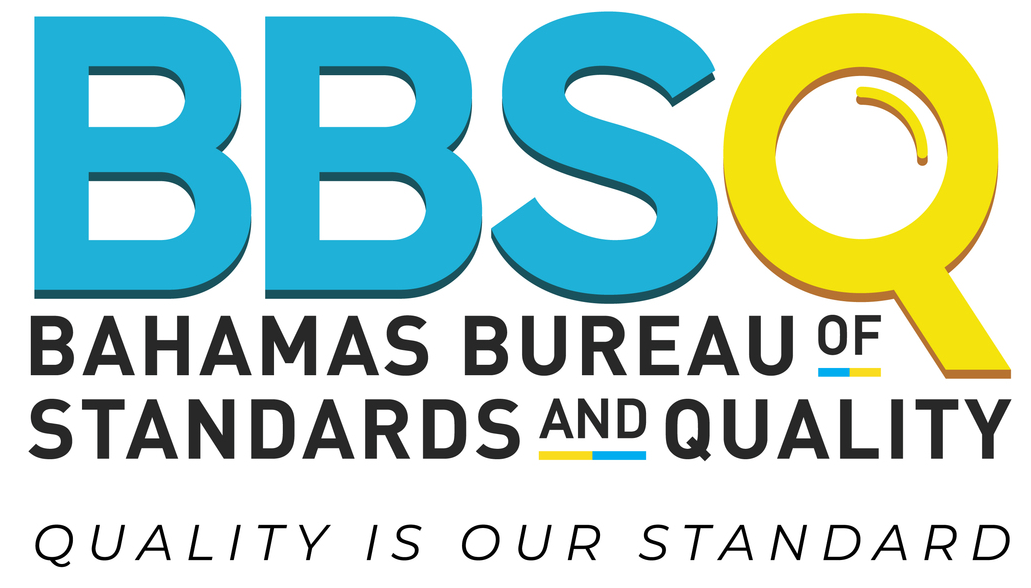This document specifies the characteristics of non-adiabatic fast differential scanning calorimeters, also covered by the general abbreviation FSC having an open specimen geometry in which specimens are placed directly onto active measurement areas of chip sensors based on Micro-Electro-Mechanical Systems (MEMS) membrane technology, without encapsulation in closed crucibles and ovens.
Due to the open specimen geometry, this document is applicable to very small specimens having masses of not greater than 1 µg only. The occurrence of high temperature gradients during measurements can be prevented by keeping specimen thicknesses as small as possible.
The use of very low specimen masses enables achievement of very high scanning rates in the order of several thousand K/s, both in heating and cooling mode whereby lower specimen masses and thicknesses allow higher heating and cooling rates. Typically, low scanning rates of FSC overlap with high scanning rates of conventional DSC covered by ISO 11357‑1, thus enabling connection to conventional DSC results.
NOTE 1 Due to the sensor layout FSC is also called chip calorimetry.
NOTE 2 FSC stands for Fast Scanning Calorimetry but also for Fast Scanning Calorimeter. In practice from the context the choice can be made quite easily.
FSC is suitable for thermal analysis of fast kinetic effects of polymers, polymer blends and composites, such as:
— thermoplastics (polymers, moulding compounds and other moulding materials, with or without fillers, fibres or reinforcements);
— thermosets (uncured or cured materials, with or without fillers, fibres or reinforcements);
— elastomers (with or without fillers, fibres or reinforcements).
This document specifies methods for qualitative and quantitative analysis of fast physical and chemical processes showing changes in heat flow rate. This includes measurement of characteristic temperatures as well as caloric values of both, solid and liquid materials.
This document is particularly applicable for the observation of fast kinetics of thermal effects such as:
— physical transitions (glass transition, phase transitions such as melting and crystallization, polymorphic transitions, etc.);
— metastability and related processes like reorganization, (re)crystallization, annealing, ageing, amorphization;
— chemical reactions (hydration, oxidation, polymerisation, crosslinking and curing of elastomers and thermosets, decomposition, etc.);
— isothermal measurements of fast crystallising systems or chemical reactions.
It is also applicable for the determination of heat capacity and related changes of thermodynamic functions.
FSC provides a technique to analyse material behaviour at similarly high heating or cooling rates used in industrial polymer processing.
FSC can also enable separation of overlapping thermal effects with different kinetics such as:
— melting and decomposition: higher heating rates can shift decomposition to higher temperatures and allow unperturbed measurement of melting;
— glass transition and cold crystallisation of polymers: higher heating rates can suppress cold crystallisation resulting in unperturbed measurement of glass transition as a function of cooling / heating rates;
— reorganisation of amorphous or semi-crystalline polymers upon cooling and heating: depending on the cooling rate used specimens with different crystallinities can be generated and their reorganisation upon heating analysed using different scanning rates.
This document establishes general aspects of FSC, such as the principle and the apparatus, sampling, calibration and general aspects of the procedure and test report.
$163.84
Share this Standard

The Source River Centre,
1000 Bacardi Road,
P. O. Box N-4843,
Nassau, N.P.,
The Bahamas
info@bbsq.bs
+1 (242) 362-1748 – 55


